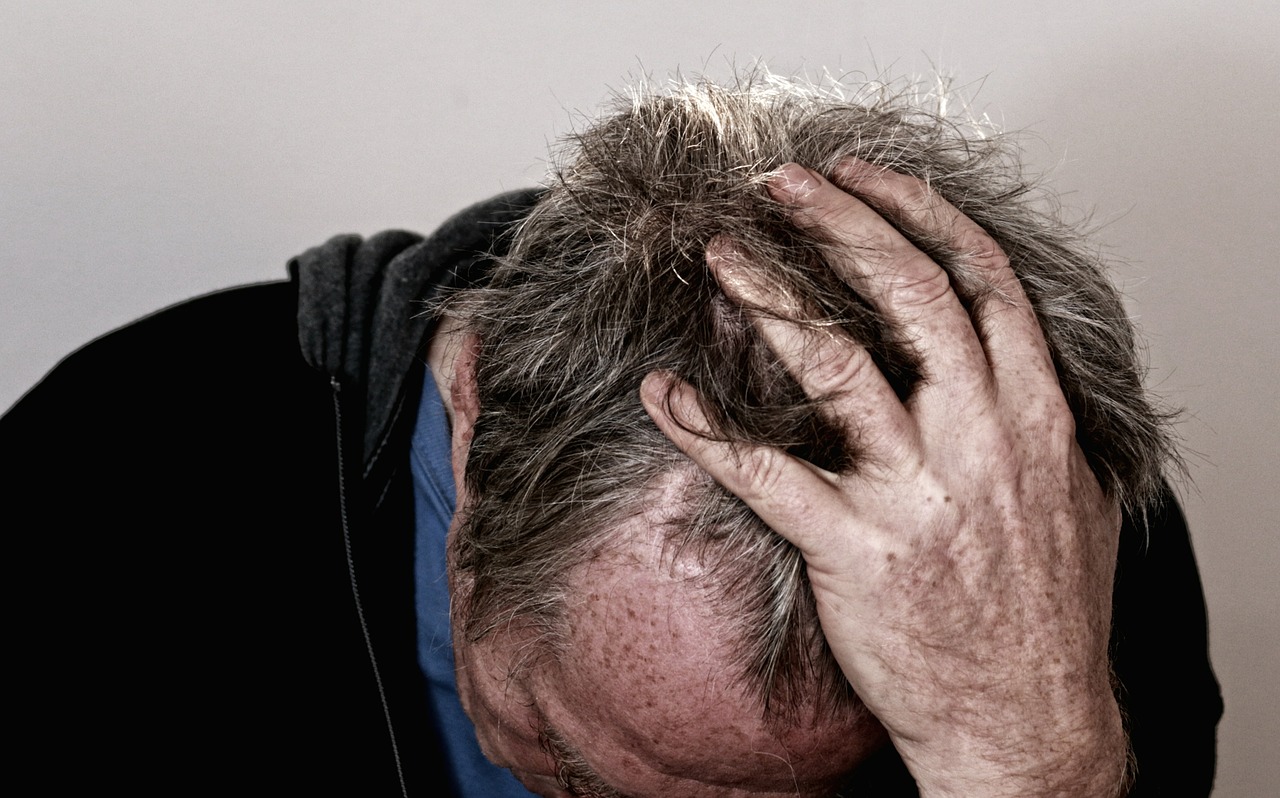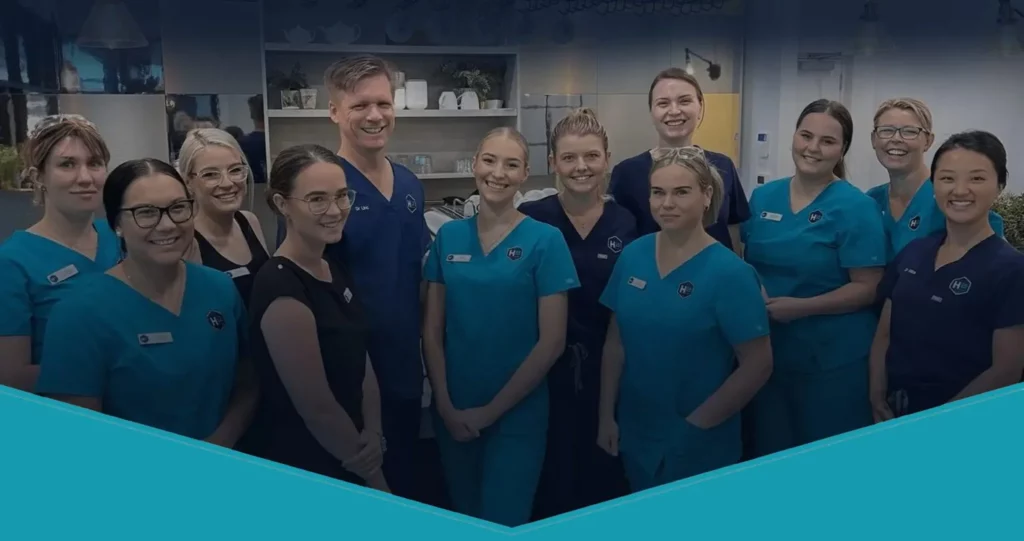
- Harris Dental Boutique
- September 9, 2015
- 5:08 am
- No Comments
- dentist, dentistry
- Dental Health, News and Information
Headaches are one of the most common forms of pain. While we all have them from time to time, there are some people that have them constantly.
Chronic head and neck pain is debilitating and people suffering from it often have been to every specialist available, had blood tests, MRI’s and CT scans to rule out rare but nasty possibilities, and then get put on long term medication with varying degrees of side effects.
In most cases though, head and neck pain is from the muscles. Either the muscles of the head are sore of the neck muscles are sore. Neck muscles tend to refer pain to specific parts of the head and therefore cause a lot of headaches.
There are two main reasons people have head and neck pain:
1. Nocturnal clenching
2. Neuromuscular Dysfunction.
Nocturnal clenching occurs when you are in deep sleep and the part of the brain that normally stops you clenching your teeth is turned off. This allows you to clench much harder than you can when you are awake. Since the jaw muscles are tremendously powerful, if you spend a lot of time clenching in your sleep, the muscles will be all cramped up and they will ache. Often, the teeth will be tender chew on or sensitive to cold as well. Generally if you are using sensodyne or some other sensitive toothpaste, have no dental problems and still have sensitive teeth, then most likely you are clenching at some stage.
The simple solution to clenching is a little plastic device called an NTI. To explain how it works, try this little exercise. Place your hands over your temples and clench you teeth. You should feel the temporalis muscle bulge just behind your temples. Now put a pen between you front teeth and try to clench again. You will find that you cannot make the muscles bulge. There are little sensors around the front teeth that turn off the biting muscles and therefore prevent clenching.
An NTI is custom made to fit over the front teeth so that only two front teeth touch. It is worn while you sleep and will not only prevent clenching, but also protect you from damaging or fracturing your teeth while clenching.
Neuromuscular dysfunction is a more complex issue. This is where you have two bites. You have the bite where your teeth fit together and a different position where your jaw muscles would work best. Many people can cope with this, however is some cases once you add some work posture, a bit of stress is can become to much and overload the system.
Generally if there are more severe bite problems, you will get one of two symptoms. You will either grind or destroy your teeth until you get a more comfortable bite and often be pain free (more common in men) or your head or neck muscles will go into spasm and you will have pain (more common in women).

Try this next little exercise. Tip your head right back so that you are looking straight up at the sky. Now tap your teeth together. Which teeth touch most? Now tip your head right forward and tap together. Most people will find that when their head is right back, their back teeth touch more and when forward the front teeth touch more. Often if the bite is off, you will tip your head slightly to help accommodate, thereby increasing the stress on the neck muscles. This may give you neck pain or may refer pain to certain areas of the head giving you a headache.
For people with neuromuscular problems, we can correct the bite bit making a little plastic device that sits on the lower teeth which holds the jaws in correct alignment. This little device is called an Orthotic (they are not just for feet).
Once this has been fine tuned over a few months to achieve a discomfort free bite, you can either go on wearing the Orthotic indefinitely or you can permanently correct the bite with orthodontics or by rebuilding the shape of the teeth with porcelain.
It is highly rewarding to help people overcome long term discomfort.
Individual results may vary, Any surgical or invasive procedure carries risks. Before proceeding, you should seek a second opinion from an appropriately qualified health practitioner.





